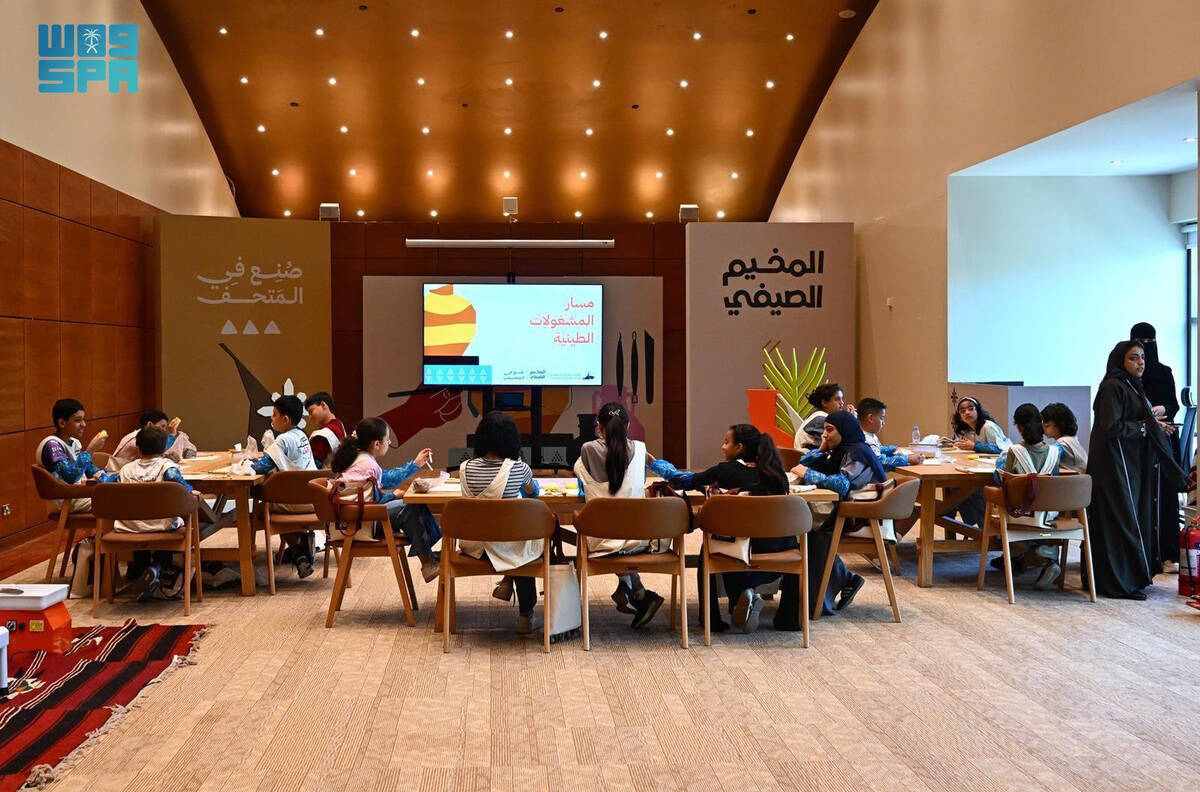ALKHOBAR: In June, a student research team at King Saud University quietly presented their breakthrough — a Saudi-built artificial intelligence agent named Mantiq.
Mantiq successfully solved 84 out of 120 abstract puzzles and scored a 70 percent accuracy rate on the global Abstraction and Reasoning Corpus benchmark in a challenge widely recognized among leading artificial general intelligence researchers around the world.
But behind the results was something just as compelling — a group of young Saudis that included a once-expelled university student who rebuilt his future line by line, code by code.
Abdullah Al-Refai, 24, is a software engineering student at Prince Mohammed Bin Fahd University in Dhahran. With no official title, no funding, and no affiliation to a major lab, he represents a growing generation determined to push boundaries in the most advanced frontiers of AI.
“We may not have the same resources as big tech labs, but we have vision and we’re proving that brilliance can come from anywhere — even a small research group in Saudi Arabia,” he said.
Al-Refai’s journey was far from linear; it was full of detours, setbacks and moments of deep personal doubt.
First, he enrolled at Dammam Community College, where he excelled. His performance earned him a transfer to King Fahd University of Petroleum and Minerals, one of the top institutions in the Kingdom.
But the transition proved overwhelming. Battling depression and struggling to adjust, his grades declined and, following a difficult time, he left.
“Getting expelled broke me. I felt like everything I had worked for was gone. But over time, I realized that failure doesn’t define you — how you respond to it does,” said Al-Refai.
Determined not to give up, he later enrolled at Prince Mohammad Bin Fahd University, a smaller, private center, and supported himself by working at Jarir Bookstore.
As he regained his academic footing, Al-Refai rediscovered his love of technology. His coding journey had started years earlier when he received a Dell PC in sixth grade and began experimenting with Java programming to create modifications for popular video game Minecraft.
A turning point came when he started a part-time AI research role at PMU. Soon after he met his mentor, Sulaiman Ureiga, who invited him to join a student-led research group focused on AGI.
Unlike traditional AI systems, which rely on massive datasets, AGI aims to mimic human thought, reasoning and learning, and adapt with minimal input. It is a field into which tech giants like OpenAI and DeepMind have poured billions.
In Saudi Arabia, Al-Refai and his team are approaching the same goal with minimal resources other than passion, perseverance and belief.
Their focus has been the ARC challenge developed by Google researcher François Chollet, which tests a model’s ability to solve logic puzzles using abstraction, not memorization.
When the team presented the first phase of their research, an AGI-1 prototype that solved 70 percent of the test puzzles within minutes, it was a proud moment.
“Standing there at King Saud University, presenting our agent and (seeing) it solve 70 percent of the ARC-1 tasks, I knew this was bigger than a research demo. It was proof that Saudi youth can build world-class AI,” said Al-Refai.
His motivation goes beyond personal achievement, however; he sees his story as a blueprint for others, proof that failure is not final and that Saudi youth can lead global conversations on AI.
His team is already working on the next phases of their research, hoping to improve the model’s reasoning capabilities and publish in an academic forum. They have also created educational posters, hosted sessions and spoken at local events to spread awareness and encourage others to explore AI.
“My dream is that when people around the world talk about the future of AI, they mention Saudi Arabia — not just for investments, but for real innovation and breakthroughs,” said Al-Refai.
All this comes at a time when Saudi Arabia is pouring historic levels of investment into emerging technologies. In May, the Kingdom announced a $600 billion strategy in AI and digital transformation, reinforcing its ambition to become a global innovation hub.
While high-level partnerships and summits dominate headlines, stories like Al-Refai’s reveal a parallel transformation, one happening from the ground up, driven by students, self-learners and quiet researchers working after hours in labs and dorm rooms.
“If I can come back from academic failure and end up contributing to AGI research, anyone can,” said Al-Refai. “We just need to believe in ourselves and build with purpose. We are capable of greatness. We always have been, and we always will be.”































